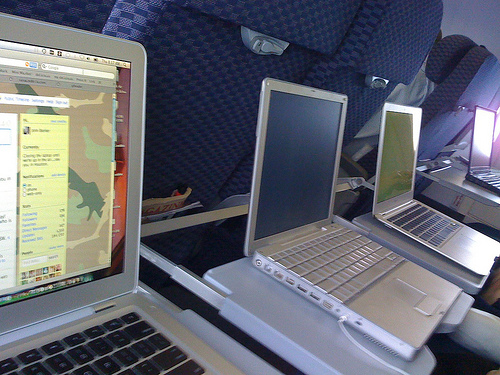The Transfer of Wealth Versus the Creation of Wealth
Last month I wrote about some tips and tricks for making money with Amazon Associates. For example, by finding cheap traffic sources, any savvy internet marketer can make thousands of dollars each money by simply funneling traffic from one website to Amazon. That is the transfer of wealth. Specifically, transferring web traffic, eyeballs, from one website, to another website (Amazon) which is able to monetize those eyeballs much more effectively. A simple and nifty arbitrage trick. No new wealth created in the world, just wealth transferred from one place to another. This type of activity happens all of the time in finance, where investors shuffle their wealth from one investment to the next.
This month, I want to contrast last month’s blog post by making a note on the creation of wealth, an activity that I find much more interesting. For example, with my flight deals website, Concorde, I created a new website that (I hope) provides value to prospective travelers. I took a new idea in my head and I built something. Two weeks ago, after eight months of consistent part-time work, including over 700 code commits, I earned my first commission from the site. Exciting! $20. Not much for all of that work, you ask? Yes, but it’s worth it, because creating new wealth takes time. Every journey starts with a single step. It takes attention to detail, iteration, feedback, listening to the haters, and rebuilding. This type of work, creating wealth by building things, is much more appealing and inspiring to me. Come check out what I am building: https://concorde.io/

